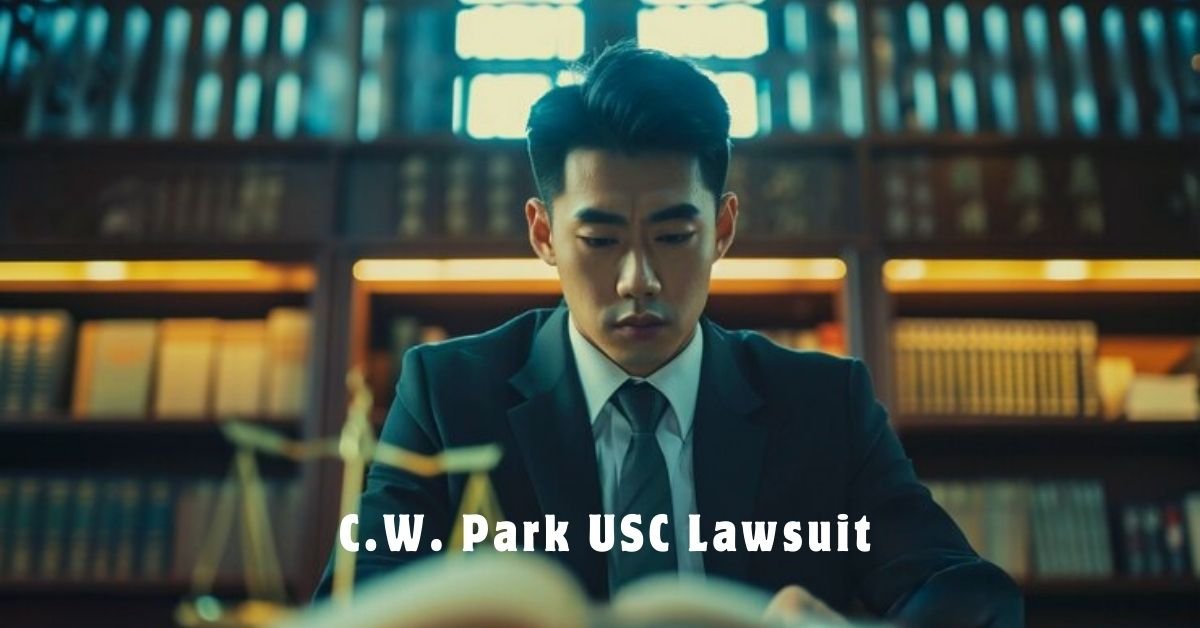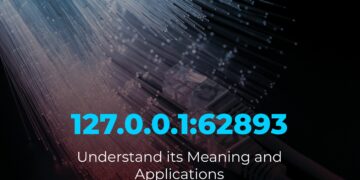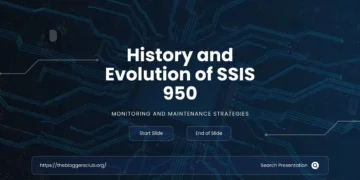The C.W. Park USC lawsuit has become a focal point of discussion in academia, especially concerning faculty rights and academic freedom. This lawsuit, involving C.W. Park, a professor at the University of Southern California (USC), raises significant questions about tenure, academic rights, and how institutions manage internal conflicts. In this article, we’ll explore the background, the details of the lawsuit, and its broader implications for both the university and educators across the country.
Who Is C.W. Park?
C.W. Park, a professor at the Marshall School of Business at USC, has long been recognized as a prominent figure in the field of marketing. His academic contributions span decades, focusing primarily on consumer behavior and brand marketing. Park is well-regarded for his innovative research and dedication to shaping future marketers. His reputation as a thought leader within his field earned him tenure at USC, a status highly sought after by university faculty because it provides job security and the freedom to explore research without fear of dismissal.
Beyond his academic success, Park has had a lasting influence on students and colleagues alike. His work extends far beyond the classroom, with published research and a strong presence in academic conferences. Despite his achievements, however, Park found himself embroiled in a lawsuit that questioned the very principles of academic freedom and job security in higher education.
What Is the Lawsuit About?
The lawsuit revolves around allegations made by C.W. Park against USC, where he claims he was unfairly targeted and harassed by the university administration, which led to a breach of his contractual rights as a tenured professor. According to Park, USC took actions that undermined his position and reputation, infringing upon his rights as a tenured professor. The legal action highlights issues of workplace discrimination, harassment, and wrongful treatment of faculty members.
At the heart of this lawsuit is Park’s assertion that his academic freedom was compromised. As a tenured professor, he had the right to explore and present his research without interference from university administrators. However, Park claims that USC’s administration unfairly interfered with his work, creating a hostile environment that left him no choice but to take legal action. This case shines a light on the ongoing battle between academic professionals and university administrators regarding the balance of power and control within institutions of higher learning.
Why Is This Case Important?
This lawsuit is not just about one professor’s grievances against his university. It speaks to larger issues within academia that impact faculty members across the United States. The case is important because it raises questions about how universities treat their professors, particularly those who have earned tenure, and what rights faculty members have when they feel their job security or academic freedom is threatened.

One of the most significant aspects of this case is the potential precedent it could set. If Park is successful, it may encourage other faculty members who feel they have been mistreated by their universities to take similar legal action. On the other hand, a ruling in favor of USC could reinforce the authority of university administrations to discipline or remove tenured professors, potentially weakening the protections that tenure is supposed to provide.
What Is Tenure, and Why Does It Matter?
Tenure is a form of job protection that is granted to professors after a probationary period. Once a professor is granted tenure, they are guaranteed a certain level of job security and are protected from arbitrary dismissal. Tenure exists to ensure that educators can conduct research and express their ideas freely without fear of losing their job due to controversial or unpopular opinions.
In the context of this lawsuit, tenure is central because Park claims that his tenured status was violated by USC. If his rights as a tenured professor were indeed infringed upon, this case could challenge the integrity of tenure in U.S. universities.
What Happens Next?
As the lawsuit proceeds, both C.W. Park and USC will present their arguments in court. Park will seek to prove that the university acted improperly and violated his rights, while USC will likely argue that their actions were justified and did not infringe upon Park’s academic freedom or tenure rights. The outcome of this case could have far-reaching consequences for how universities handle disputes with tenured faculty members.
Could This Change Things for Other Teachers?
Yes, the outcome of this case could have significant implications for professors across the country. If Park wins, it could strengthen the rights of tenured faculty members and make it more difficult for universities to remove or discipline them without clear justification. On the other hand, if USC prevails, it could give universities more power to act against tenured professors, potentially weakening the protections that tenure provides. This case may become a landmark moment in defining the future of academic freedom and job security in higher education.
What Do People Think About This Case?
The C.W. Park USC lawsuit has sparked a wide range of opinions among academics, students, and the general public. Many people in the academic community are concerned about the implications this case could have for tenure and academic freedom. Supporters of Park argue that his case highlights the dangers of university administrators having too much power over faculty, potentially leading to censorship or retaliation against professors who express unpopular views or challenge administrative decisions.
On the other hand, some people believe that universities need to have the ability to discipline tenured professors when necessary, especially if their behavior is harmful to students or the institution. Balancing the rights of faculty members with the needs of the university is a complex issue, and this case has brought these concerns to the forefront.
Will the Lawsuit Take a Long Time?
Given the complexity of the case and the legal procedures involved, the C.W. Park USC lawsuit is likely to take a significant amount of time before reaching a conclusion. Lawsuits of this nature often involve multiple stages of litigation, including discovery, depositions, and possibly a trial. Both sides will likely take time to gather evidence and present their arguments, which means that it could be months or even years before the case is resolved.
Additionally, if the case goes to trial, the legal process could be drawn out even further. Appeals are also a possibility, meaning that the final outcome of the case may not be known for quite some time.
What’s Next for USC and C.W. Park?
While the lawsuit is ongoing, both USC and C.W. Park are likely preparing for the next stages of litigation. For Park, this means continuing to build his case and seeking to demonstrate how the university’s actions violated his rights as a tenured professor. For USC, the focus will likely be on defending its actions and arguing that they were justified under the circumstances.

What Are the Main Allegations in the C.W. Park Lawsuit?
The key allegations in the lawsuit include claims of harassment, discrimination, and a violation of Park’s rights as a tenured professor. Park contends that the university created a hostile work environment and took steps to undermine his academic career. He argues that these actions were in retaliation for his research and viewpoints, which may have conflicted with the interests of the administration.
Why This Case Is Important for Academic Freedom
This case has profound implications for academic freedom, which is the principle that professors and researchers should be able to pursue their work without interference or censorship from the university administration. If Park’s claims are found to be valid, it could signal that academic freedom at USC—and potentially at other universities—is at risk. This is a fundamental issue for many educators, as academic freedom allows for the free exchange of ideas and is essential for innovation and progress in higher education.
Academic Freedom in U.S. Universities
Academic freedom has been a cornerstone of higher education in the United States for many years. It ensures that professors can engage in research and teaching without fear of censorship or retaliation. However, recent years have seen increasing concerns that academic freedom is being eroded, particularly as universities face pressure from outside interests, including political groups and corporate donors. The C.W. Park lawsuit could play a pivotal role in determining how academic freedom is protected—or weakened—in the future.
Legal Implications for Faculty Rights
The C.W. Park lawsuit also raises important legal questions about faculty rights, particularly for those with tenure. Faculty members across the country will be closely watching this case to see how the courts interpret the rights of tenured professors and the obligations of universities to protect those rights. If Park’s claims are upheld, it could result in stronger legal protections for faculty members, ensuring that universities cannot infringe upon their academic freedom or job security without facing legal consequences.
Last Words
The C.W. Park USC lawsuit is more than just a legal battle between a professor and his university. It is a case that touches on some of the most fundamental issues in higher education, including academic freedom, tenure, and the rights of faculty members. As the lawsuit unfolds, it could set a precedent for how these issues will be handled in the future, not just at USC but at universities across the country.
For now, the outcome remains uncertain, but one thing is clear: the case has already sparked a crucial conversation about the relationship between universities and their faculty and how that relationship should be balanced to ensure that academic freedom and faculty rights are protected.











